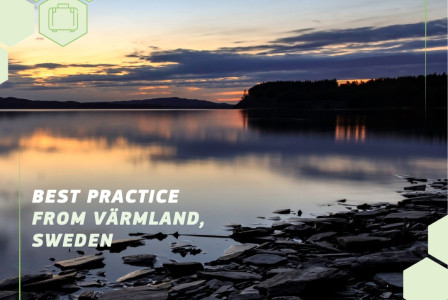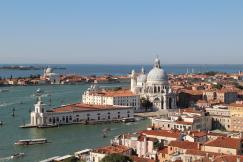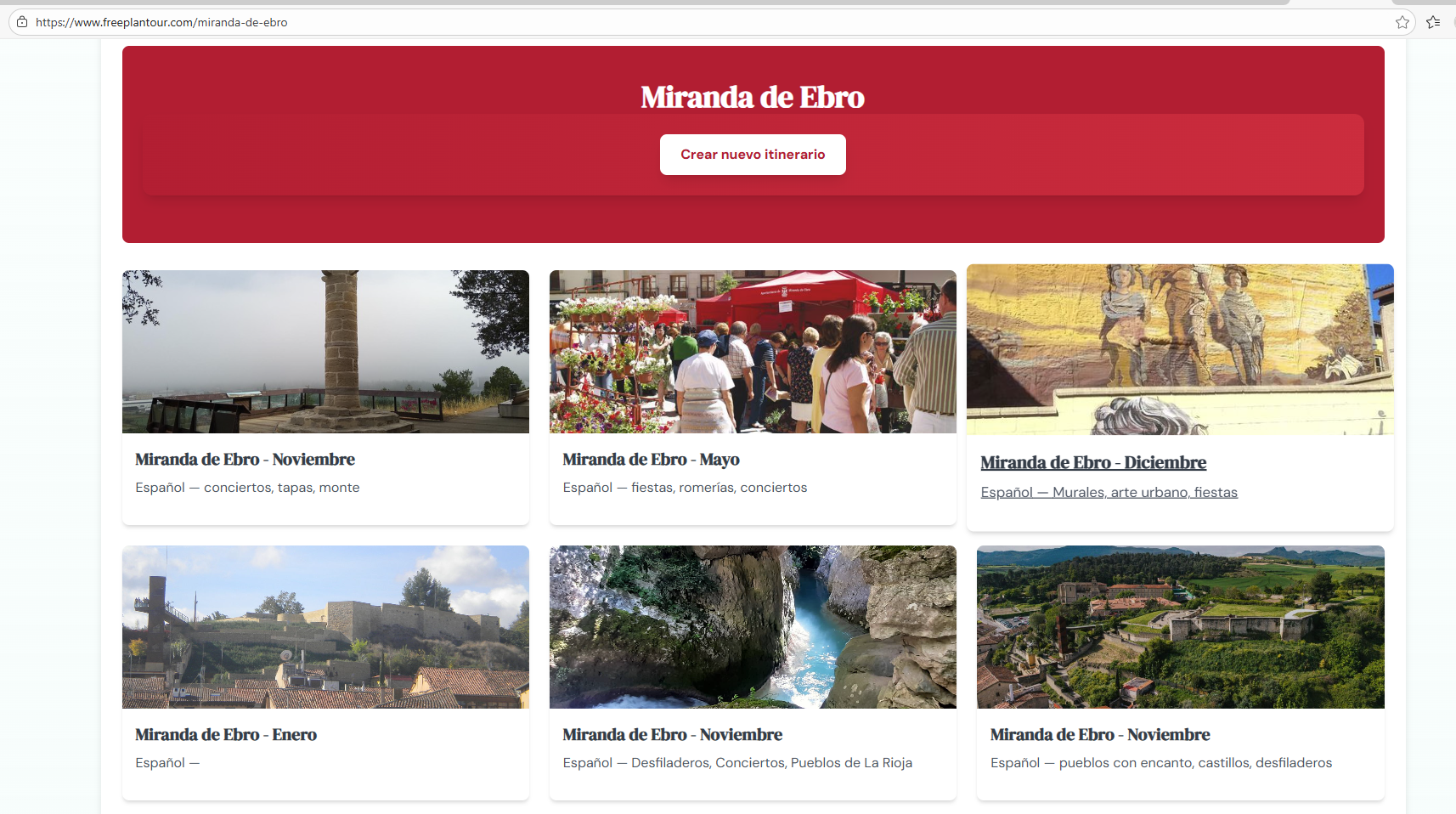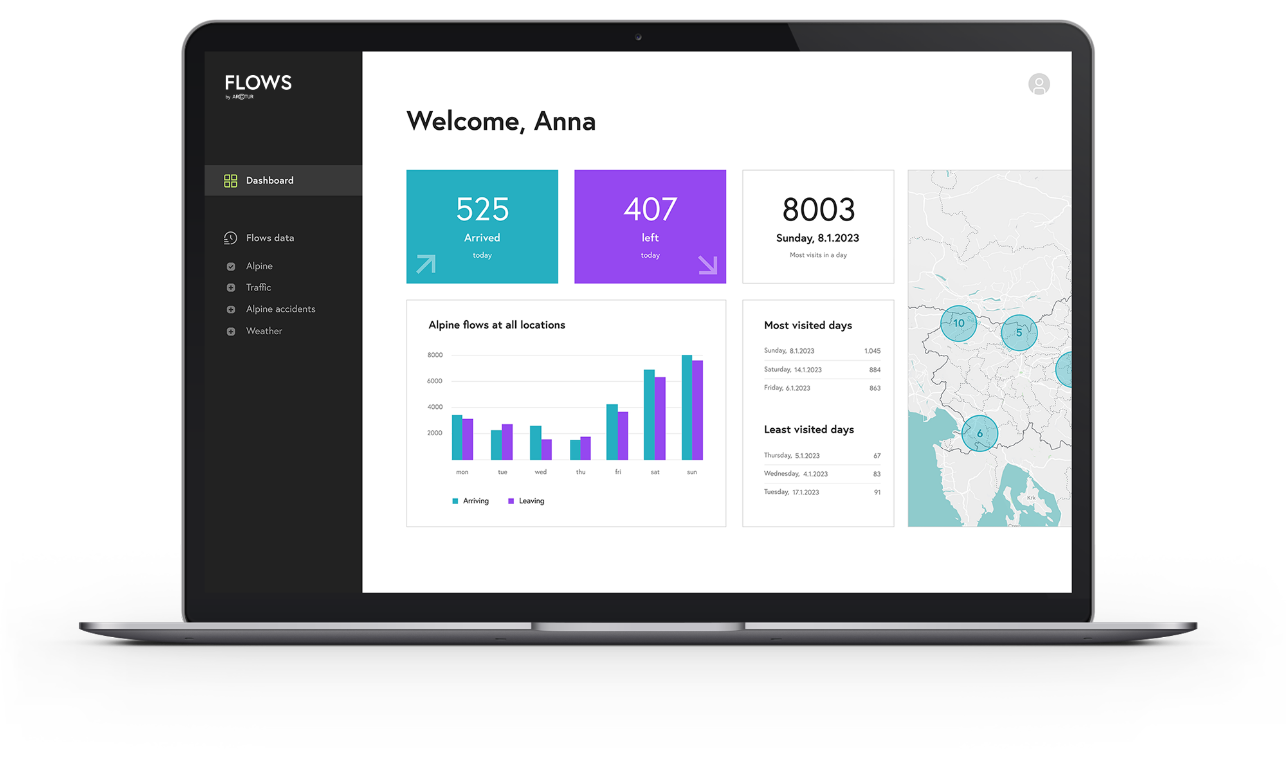Best practices
06 November 2025
Sustainable EU Tourism Project - Best Practice: Värmland county
Best practices
06 November 2025
Adventure tourism
Coastal, maritime and inland water tourism
Cultural tourism
+9 more
Login / create an account to be able to react
-
16

Visit Värmland, Sweden, successfully improved collaboration between different stakeholders, building on the Agenda 2030 for Sustainable Tourism. To overcome the limited human resources and lack of skills and expertise among its stakeholders, the destination initiated projects to raise awareness about the need to implement sustainability and digitalization. These projects also build knowledge to enhance resilience, competitiveness, and the ability to identify new market segments with higher added value.
Sustainable EU Tourism project
Sustainable EU Tourism project
Topics
Sweden
Destination Management & Marketing Organisations
Local Authorities
-
Specific types of tourism
-
-
Adventure tourism
-
Coastal, maritime and inland water tourism
-
Cultural tourism
-
Rural tourism
-
-
Transition Pathway Strategic Areas
-
-
Best practices, peer learning and networking
-
Digitalisation of tourism SMEs and destinations
-
Governance of tourism destinations
-
Green Transition of Tourism Companies and SMEs
-
-
Business activities
-
-
Events catering and other food services
-
Hotel and similar accommodation
-
Other
-
Restaurants, cafes and bars (Food and Beverage serving activities)
-
Share
Värmland county, Sweden, has been recognised as a best practice by the Sustainable EU Tourism project for its projects to raise awareness among tourism stakeholders about the need to implement sustainability and digitalisation.
After the pandemic, the focus of tourism strategy has shifted to sustainability as a central tool in the process of improving resilience and competitiveness. Stakeholders play a crucial role in this transition, but they face challenges due to limited human resources – often individuals or small teams – and a lack of skills and expertise, which make the transition to sustainable practices difficult. As a solution, various projects have been initiated to support the tourism industry. The initiatives include:
- 1:1 consultations (2023-2024), in which Visit Värmland’s trained experts coach tourism companies on digitalisation and sustainability;
- the “Innovation in the Hospitality Industry” project (2021-2023), where innovation arenas are used as a method to create innovative digital solution to encourage collaboration and sustainability;
- the Smart Villages project (2021-2024) used an innovative method (place-based digital experiences) to improve hospitality businesses' knowledge and skills on how to be smart and create solutions.
The DMO also commissioned mystery checks in accommodations by auditors from the label “Swedish Welcome” for convincing the hotels to obtain the eco-certification that the DMO has been promoting for many years.
The present best practice is an example of how tourism destinations can successfully prompt collaboration between different stakeholders, including local authorities, tourism businesses, environmental organisations and the community. For more details on the key challenges the destination has faced, and the solutions implemented to address them, please refer to the attached document.
Documents
Comments (0)
Related content
See also
Sustainable EU Tourism - Key challenges and best practices
- Categories
- Coastal, maritime and inland water tourism Cultural tourism Ecotourism +64 more
Platform for creating accessible and multilingual itineraries with voice assistant
- Categories
- Coastal, maritime and inland water tourism Cultural tourism Ecotourism +64 more
FLOWS: Powering Sustainable Tourism in Green Karst Through Human-Centric Digital Innovation
- Categories
- Cultural tourism Ecotourism Gastronomy tourism +36 more





